The ALL ALS Clinical Research Consortium is a community of researchers working closely with people affected by ALS, government, industry, and non-profit organizations to find a cure for this devastating disease. Funded by the NIH, this collaborative research effort is collecting a broad array of clinical data and biospecimens from thousands of participants living with ALS, at genetic risk for ALS, or healthy controls from across the US to advance ALS research that will lead to longer, better lives.
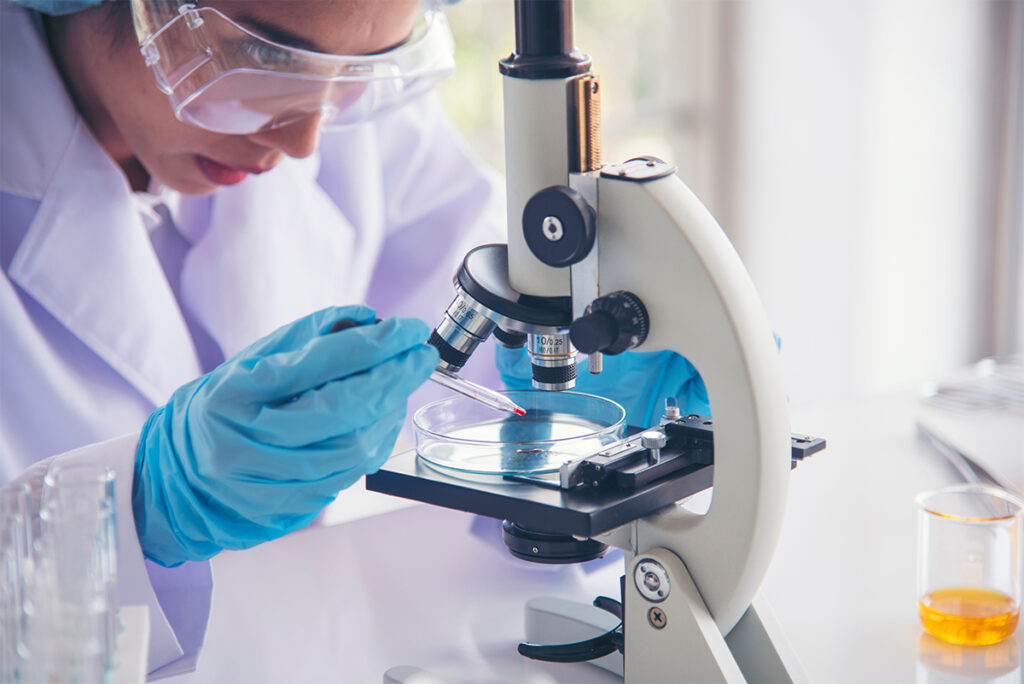

We are actively seeking participants for our ongoing studies. Visit our studies page to learn more about eligibility criteria and how to get involved. Together, we can make a difference!
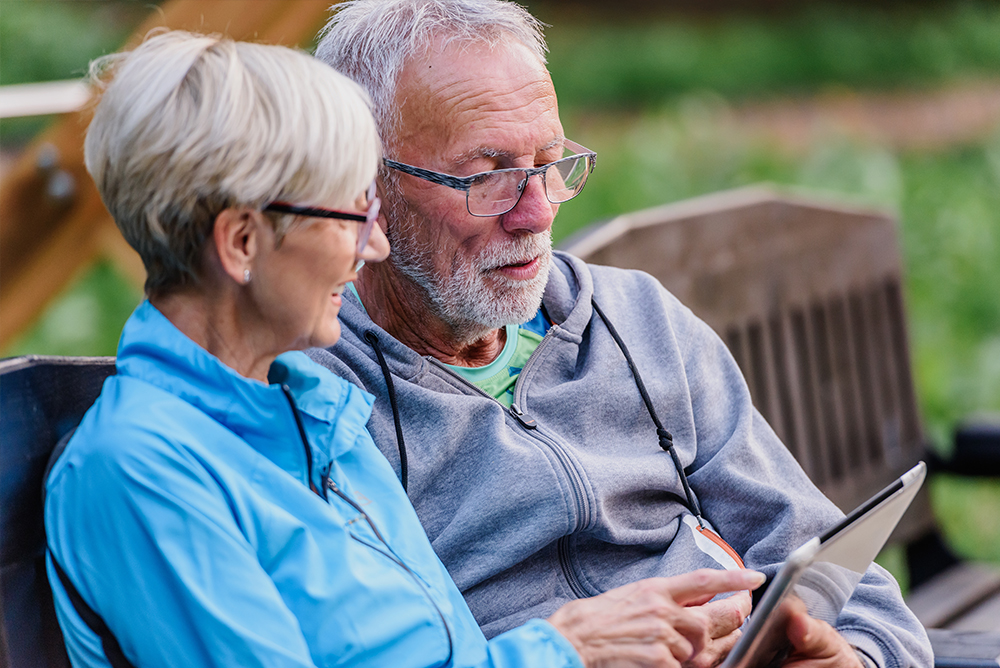
We know we are not alone in our efforts to understand and fight ALS. We are working to partner with many organizations and research groups to expand this network of impact! The following organizations are some of our partners in this work:
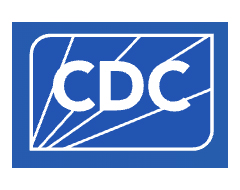
The National ALS Registry is seeking to find the causes and risk factors for ALS. Please consider joining the Registry and help researchers find answers. www.cdc.gov/als

Target ALS is a medical research foundation dedicated to breaking down barriers in Amyotrophic Lateral Sclerosis (ALS) research to find effective treatments. Since its inception, Target ALS has supported the most promising ideas in fundamental scientific research, with the goal of developing treatments that allow individuals with ALS to live long, high-quality lives.
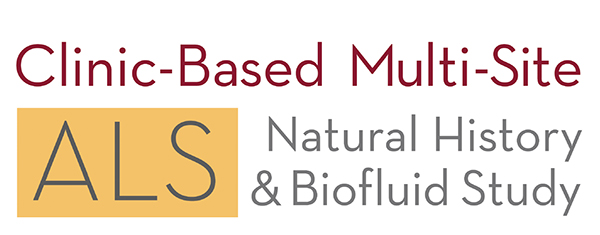
Your expertise can make a real difference. The Accelerating Medicines Partnership® for Amyotrophic Lateral Sclerosis (AMP® ALS) is seeking individuals with lived experience of ALS. Whether you’re diagnosed, at genetic risk, a caregiver, or a family member, your insights are invaluable.

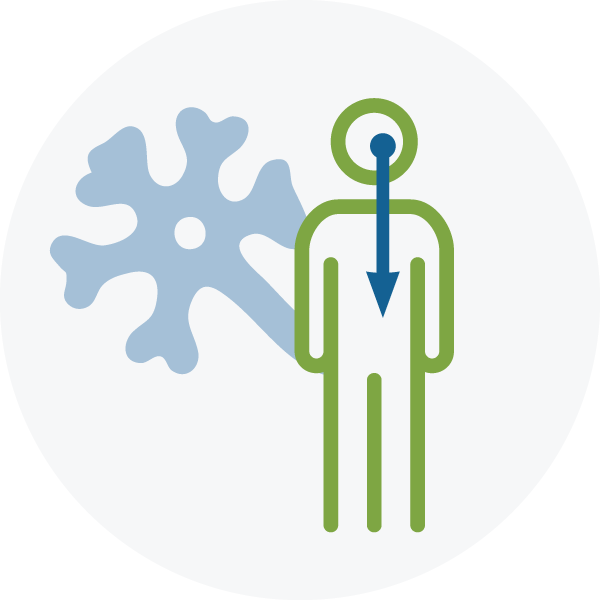
If you are interested in joining the Lived Experience and Advocacy Working Group, visit the PWLE Involvement and ALS Advocacy Community section of the AMP® ALS website or email nihalsinformation@ninds.nih.gov.
The ALL ALS Consortium and all related studies are funded by the National Institutes of Health (NIH), Grant # 1OT2NS136938 and 1OT2NS136939.